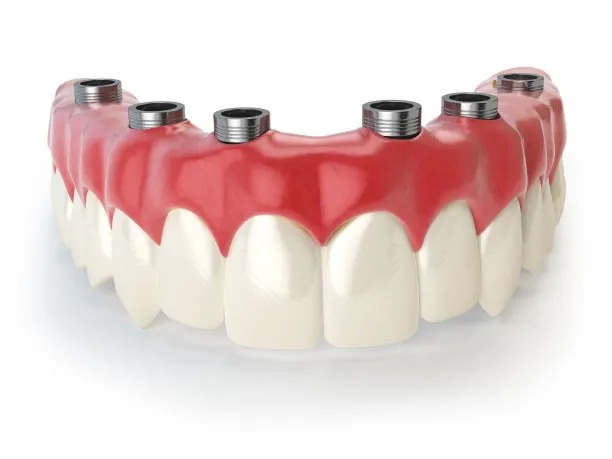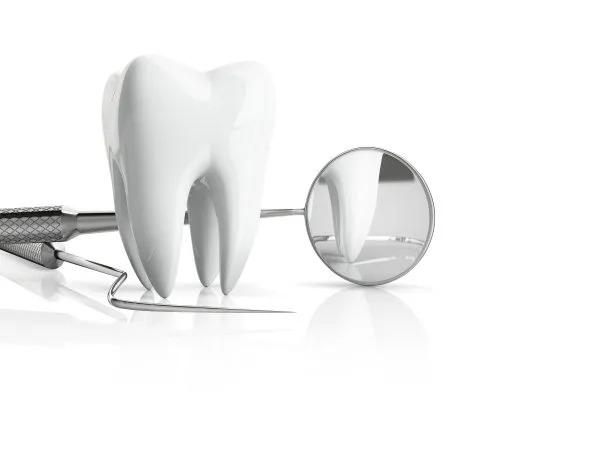Summary: Extracting a tooth is a necessary procedure for many, often undertaken as a last resort when dental health is compromised. This journey can be fraught with pain and anxiety; however, its implications extend far beyond the immediate discomfort. The extraction process can significantly impact dental and overall health, affecting both physical and psychological well-being. Moreover, understanding the factors leading to extraction, the consequences of missing teeth, and the ongoing self-care necessary post-extraction is critical for a full recovery. This article delves into these aspects, emphasizing the importance of proper dental care and the broader impacts on individual health.
1. Reasons Leading to Tooth Extraction

The reasons for tooth extraction can be varied, ranging from severe decay to overcrowded teeth. One common cause is tooth decay, as extensive cavities can compromise a tooths structure, making extraction the only viable option. This often results from poor oral hygiene and can lead to further complications if neglected.
Another significant reason is periodontal disease, which affects the gums and surrounding tissues, often resulting in tooth loss. This condition can occur unnoticed and escalate to a point where extraction becomes necessary. Understanding these reasons can help individuals recognize the importance of preventative dental care.
Lastly, overcrowding can lead to the need for extractions, particularly in preparation for orthodontic treatment. In such cases, a dentist may recommend the removal of certain teeth to create adequate space for proper alignment. Awareness of these factors can aid in preventing the painful journey associated with tooth extraction.
2. The Extraction Procedure and Its Pain
The extraction procedure itself can be daunting, often invoking anxiety in patients. The initial assessment by a dentist involves an examination and perhaps imaging to confirm the tooths condition. If extraction is deemed necessary, the dentist will discuss anesthesia options to ensure the procedure is as painless as possible.
Despite the administration of anesthesia, patients may still experience discomfort. Post-operative pain is a common complaint, and recovery can take days to weeks, depending on the tooths condition and individuals health. Antibiotics and pain management strategies are typically recommended to alleviate these symptoms.
The psychological impact of experiencing pain during extraction is also significant. Many patients may develop a fear of dental procedures, potentially delaying future essential dental work. Addressing these fears through supportive dental practices is crucial for promoting long-term oral health.
3. Consequences of Missing Teeth
Once a tooth is extracted, the consequences can reverberate throughout a persons life. The most immediate impact is the potential for shifting of adjacent teeth. Without the support provided by a tooth, neighboring teeth may lean into the gap, leading to misalignment and functional issues.
Missing teeth can also result in difficulties with eating and speaking, which can profoundly affect an individuals quality of life. Patients may find themselves avoiding certain foods or feeling self-conscious when communicating, leading to social withdrawal.
Moreover, there are dental health ramifications, such as the risk of bone loss in the jaw. The jawbone requires stimulation from the roots of teeth to maintain density, and when a tooth is removed, that stimulation ceases. This can lead to further dental issues, underscoring the importance of seeking alternatives such as dental implants or bridges soon after an extraction.
4. Post-Extraction Care and Overall Wellbeing
Post-extraction care is vital for ensuring a smooth recovery. Dentists typically provide detailed aftercare instructions, including guidelines for managing pain, maintaining oral hygiene, and recognizing signs of infection. Adhering to these instructions can significantly enhance recovery and prevent complications.
Additionally, patients should focus on their overall wellbeing during recovery. A nutritious diet aids in healing, while staying hydrated is equally important. This means prioritizing soft food options that are easy to consume without exacerbating pain.
Coping with the psychological effects of tooth extraction is also essential. Seeking support from dental professionals or engaging in relaxation techniques can help mitigate anxiety and fear associated with dental visits. Understanding that emotional well-being and physical recovery go hand in hand is crucial for overall health.
Summary:
The journey of extracting a tooth is not solely confined to the physical act of removal. From the underlying causes that necessitate this procedure to the broad implications of missing teeth, the experience significantly impacts dental and overall health. Proper care following extraction not only promotes healing but also supports emotional well-being, highlighting the interconnections between physical health and psychological resilience.
This article is compiled by Vickong Dental and the content is for reference only.
Vickong Dental
Vickong Dental is a large medical group established in Hong Kong in 2008 by professors from well-known medical universities in Guangdong and Hong Kong, as well as medical doctors from key national '985' universities (including Master's supervisors and senior professors). The chain of branches brings together expert dentists with PhDs and Master's degrees from Hong Kong and Mainland China, committed to providing high-quality dental treatment.
"Vickong Dental Practices the University Motto of 'Healing and Serving Society,' with a Stable Operation for Sixteen Years. It Has Been honored with Hong Kong Enterprise Leaders's Choice,' and is a Global Trusted Implant Center for the Nobel Implant System. Recommended by Hong Kong Metro Broadcast and Guangdong Television, it Serves Customers from Over Thirty Countries and Regions, Gaining the Trust and Favor of Citizens from the Guangdong-Hong Kong-Macau Greater Bay Area and Surrounding Cities.

Thousands of customers' unanimous praise
The most recognized and highly recommended dental service by customers in the Guangdong-Hong Kong-Macau Greater Bay Area
We Ensure You Receive Detailed Care and Attention Here
Hong Kong standards, Shenzhen prices, Your Trusted English-speaking dentists

Vickong Dental Medical-Grade Instrument Disinfection Process
Vickong Dental Medical-Grade Instrument Disinfection Process

Vickong Dental Chain: A Warm and Comfortable Environment for Treatment






Appointment Hours

Q&A
Why choose Vickong Dental?
Vickong Dental practices the university motto 「Medicine to Benefit Society」, with each branch bringing together highly qualified dentists with doctoral and master’s degrees from Hong Kong and the Mainland, and has maintained seventeen years of steady operation。Recipient of 「2024 Hong Kong Enterprise Leaders Brand」, 「2025 Hong Kong Enterprise Leaders Brand」, a Nobel Biocare Global Trusted Implant Center, and a brand recommended by Metro Radio Hong Kong and Guangdong TV。
To date, we have served customers from more than thirty countries and regions,earning exceptionally high word-of-mouth recognition and trusted recommendations from residents across the Guangdong-Hong Kong-Macao Greater Bay Area and surrounding cities
We have eight major branches in Zhuhai、Shenzhen,and a consultation and service assurance center in Hong Kong,so you can book a free consultation at any time for any questions,which is very reassuring.
If I do not accept the quotation after the CT scan, will I be charged??
No! As long as the actual treatment has not started, you will not be charged any fees.
Will there be any additional charges during the treatment process?
No, there won’t be any additional charges. Before treatment begins, we will clearly explain the treatment plan and its corresponding fees. Only after the patient agrees and signs the consent form will we proceed with the dental service.
Can I pay in Hong Kong dollars?
Yes. Vickong Dental accepts payment in Hong Kong dollars. The amount will be converted based on the exchange rate of the day, and the applicable rate will be clearly communicated to you in advance.
Can I reschedule my appointment at any time?
Yes. Please contact us via **WeChat** or **WhatsApp** as early as possible, providing your original appointment time and details, along with your preferred new date and time slot for rescheduling.













